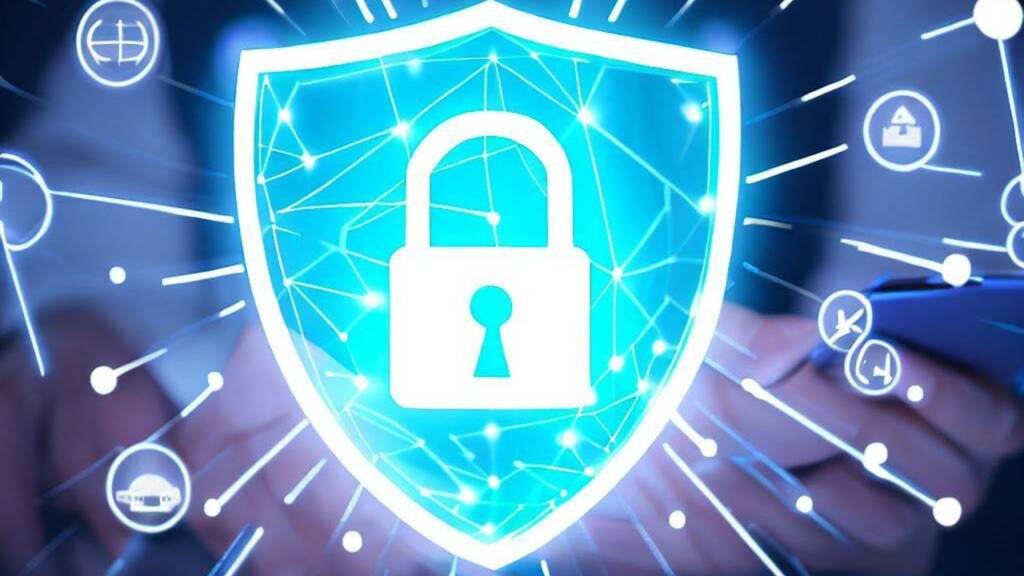The rise of internet technologies and the simultaneous growth of cyber threats has made Virtual Private Networks (VPNs) a hot topic among privacy and security-conscious internet users. Undeniably, a quality VPN can provide significant benefits, but the truth is not all VPNs are created equal. The use of weak or free VPNs can sometimes be worse than not using one at all. Here are the reasons why no VPN is better than opting for weak or free VPNs.
The Danger of Weak Encryption
A significant draw of VPNs is the strong encryption protocols they offer, ensuring data security and privacy. However, this is where many free and low-quality VPNs fail, as they often employ outdated or weak encryption methods such as PPTP. The result? Users become sitting ducks for cyber threats, leaving their personal information vulnerable to data theft and other online predators. This is why robust encryption, like the one provided by Windows VPN by Surfshark, is crucial.
Free Comes with Slow Speeds
Another snag with free VPNs is their often sluggish speeds. Because such services have fewer servers that are likely to be overloaded, they inevitably slow down your internet connection. Consequently, activities such as streaming movies, playing online games, or even general browsing become a test of patience, defeating the purpose of having a VPN in the first place.
Data Collection
Contrary to the common perception that VPNs safeguard privacy, many free VPNs engage in data collection and sell this information to third parties. They have to generate revenue, and data sales become their business model. Hence, the trade-off for using free VPN services is sacrificing your privacy, a cost too high for the supposed benefits.
Security Risks and the Illusion of Safety
Utilizing a weak or free VPN can open you up to various security risks, such as malware, DDoS attacks, and spoofing attacks. It’s alarming that once a cybercriminal breaches the network via a compromised device, they can bring down the entire network.
Additionally, a weak VPN can induce a false sense of security. You may feel completely anonymous online, but in reality, even the best VPNs cannot guarantee absolute anonymity. Your online behavior can still reveal your true identity, particularly when logged into accounts like Google or Facebook, which continue to monitor your activity despite VPN usage.
The Legality of VPN Use
Importantly, it’s worth noting that VPN usage is outright illegal in some countries, including China, Iran, and North Korea. In these nations, using a VPN can lead to severe consequences, including fines, imprisonment, or even harsher penalties. Therefore, caution is advised when considering VPN use in such regions.
The Safe Way to Use VPNs
If you decide to employ a VPN, choosing a reputable provider that employs robust encryption and maintains a good security track record is vital. Here are some best practices to ensure a secure VPN experience:
- Opt for a standards-based VPN utilizing strong cryptography.
- Regularly update your VPN to manage software vulnerabilities.
- Limit VPN access and secure VPN endpoints.
- Choose a VPN with dynamic routing and the Border Gateway Protocol (BGP).
While VPNs can offer enhanced online privacy and security, using a weak or free VPN can create more problems than solutions. From weak encryption to slower speeds, data collection, false security, and the risk of illegal use, these factors highlight why no VPN can be better than a weak or free VPN. Always choose a reputable provider and follow the best VPN usage practices to ensure your online safety and privacy.
Also Read: 10 Science based Health Benefits of Consuming Tomato Chickpea Garlic Salad
